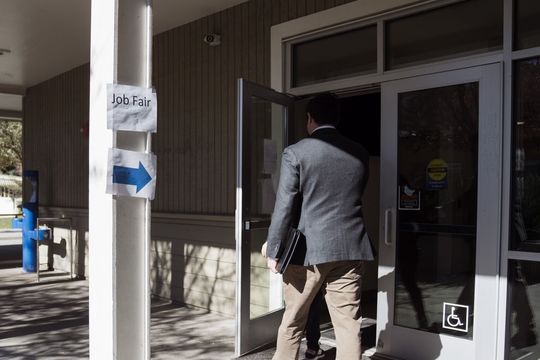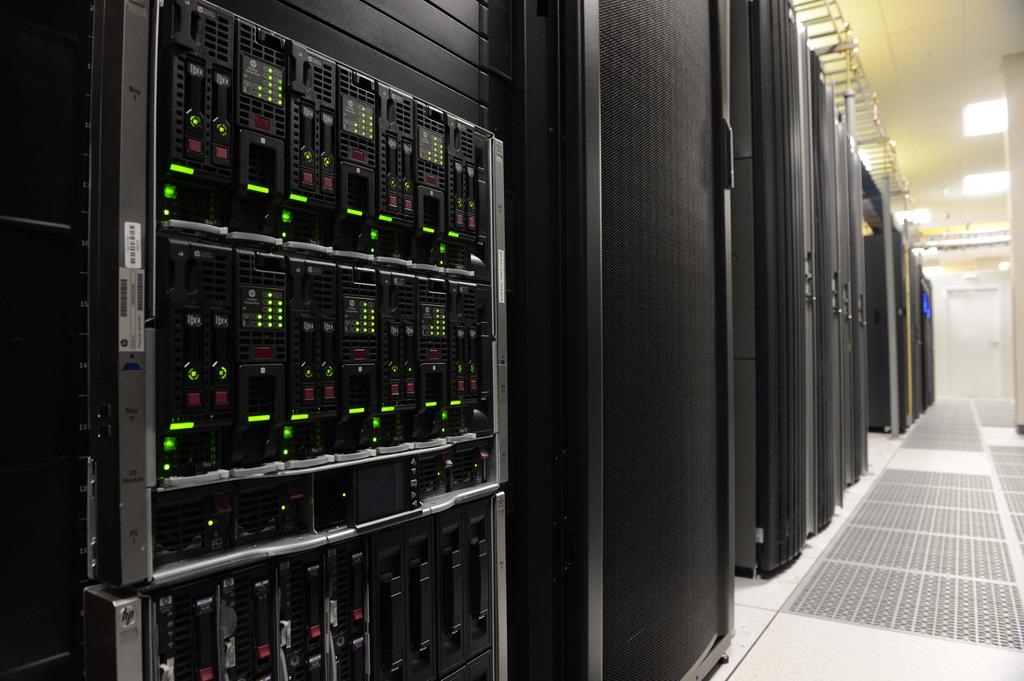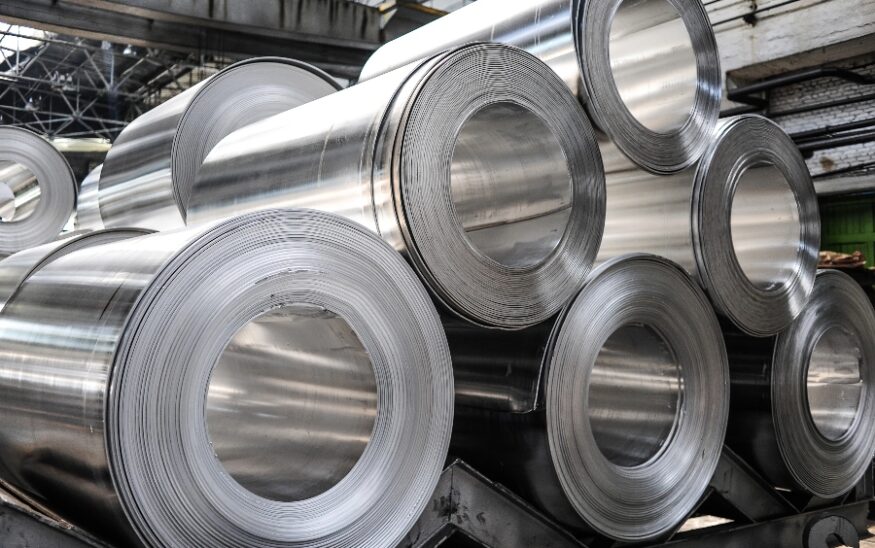U.S. jobs growth could stall in the second half of 2024, with signs of a slowing labor market, according to monthly gauge of employment trends
The Conference Board’s employment trends index fell to 111.25 in April from a downwardly revised 112.16 in March, the private-research group said Monday.
“The labor market is beginning to show signs of cooling following a period of very strong growth since the pandemic recession,” said Will Baltrus, associate economist at The Conference Board.
However, substantial job losses are unlikely to occur over the coming months, as employers are still facing labor shortages, Baltrus said.
The reading comes after Labor Department figures published last week that showed the U.S. added 175,000 more jobs in April, fewer than in March, with the unemployment rate ticking up to 3.9% from 3.8% in the prior month.
The Wall Street Journal
.png)















